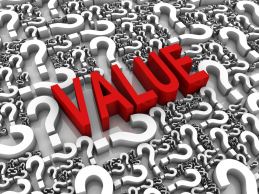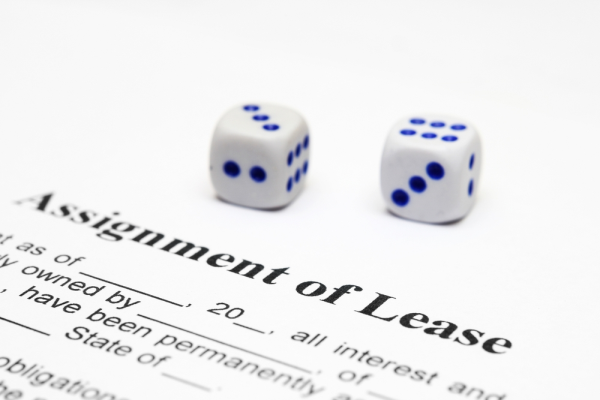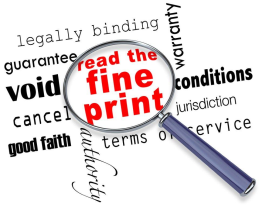The term “fair market value” seems straightforward enough, but it doesn’t offer much definition from a legal standpoint—a reality that can come as quite a shock to lessees when they receive “fair market” valuations that are much higher than what the equipment would actually cost to purchase on the open market.
Read More
Topics:
Fair Market Value,
Equipment Leasing,
end of lease options
Equipment leasing is an appealing equipment financing method for many enterprises, but it involves substantial risks if not managed properly.
Read More
Topics:
Fair Market Value,
Equipment Leasing,
Lease Agreement,
Lease vs Buy,
leasing,
end of lease options,
interim rent
Equipment "fair market value” (FMV) is an ambiguous term that only finds definition within the terms of the equipment lease agreement. So it’s a mistake to assume that simply because a lease allows purchase or extension for “fair market value” that the value is mutually understood without further definition.
Read More
Topics:
Fair Market Value,
Equipment Leasing,
Lease Agreement,
end of lease options
Lease rates are obviously a primary driver of lease performance, but the contract terms of the lease agreement are often what actually makes or breaks the lease's performance. Yet, all too frequently, lessees make easily avoidable lease agreement mistakes that can dramatically escalate their lease cost.
Read More
Topics:
Equipment Leasing,
Lease Agreement,
Lease vs Buy,
end of lease options
Lessor selection is crucial when entering into equipment leases, because some equipment leasing companies are substantially more high-risk than others.
Read More
Topics:
Equipment Leasing,
equipment leasing companies
Enterprises that enter into an equipment lease agreement without a clear understanding of the risks involved almost always end up paying more than they should. Equipment leasing companies are well aware of how to increase their potential revenue by structuring an equipment lease agreement to increase lessee risk. To protect themselves, enterprises need to understand what these risky lease agreement terms are.
Read More
Topics:
Equipment Leasing,
Equipment Lease Agreement
CFOs and other key people involved in equipment procurement frequently get approached by commercial equipment leasing companies promising “great rates." These salespeople will freely share their “expertise” on equipment leasing, explaining how the flexibility that their equipment leasing solution offers will reduce equipment costs and offer countless other benefits.
Read More
Topics:
Equipment Leasing,
Bank Lessors,
Independent Lessors,
Vendor Lessors,
Equipment Financing
There is a common perception—particularly for IT equipment—that leasing is an easier, more efficient and more cost-effective way to procure equipment than using commercial business loans or other forms of debt to purchase the equipment.
Read More
Topics:
Equipment Leasing,
commercial loan,
commercial lending,
Equipment Lease,
commercial business loans
Leasing business equipment often seems to be a less-expensive procurement option than purchasing, but that determination may not be accurate if the true risks of equipment leasing aren’t factored into the lease vs. buy analysis.
Read More
Topics:
Equipment Leasing,
business equipment
Equipment lease rates can be deceiving. Businesses in need of commercial equipment may be attracted by the low “sticker price”—the stated periodic rental rate and corresponding payment.
Read More
Topics:
Equipment Leasing,
equipment lease rates











